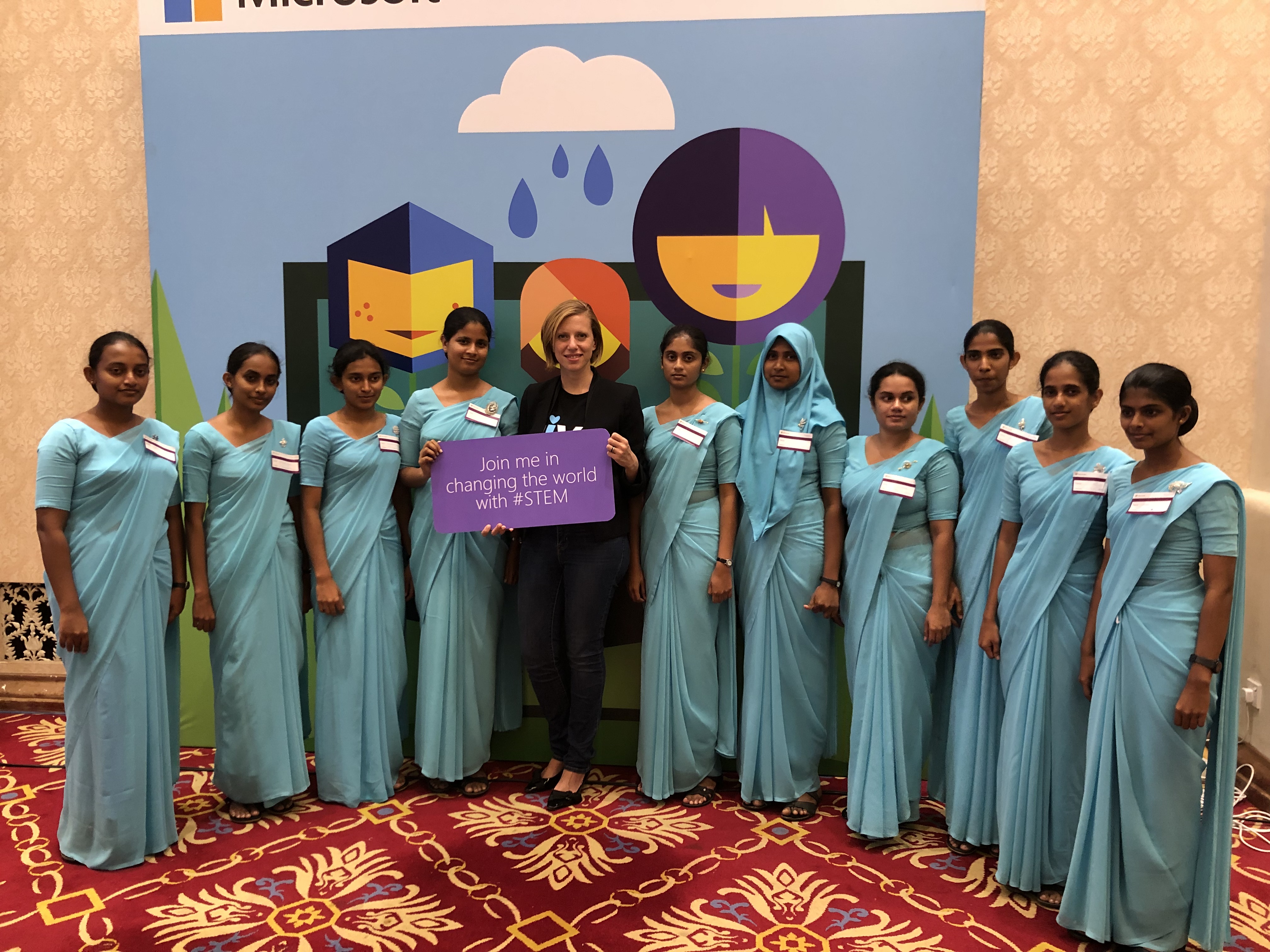Bridging the APAC talent shortage by using technology as a force for good

In today’s digital age, every company has become a technology company in one way or another. The same can be said of jobs. But it doesn’t matter how much technology and innovations are developed if there aren’t enough people with the right digital skills to implement them.
According to research by Korn Ferry, Asia Pacific is facing an imminent labour shortage of 47 million by 2030 and an annual opportunity cost of US$4.238 trillion. If there is any chance of bridging that gap, more needs to be done to equip the next generation with digital skills.
What if there was a way to address this gap and change the lives of the underserved, who otherwise would not have an opportunity to participate in the digital economy?
Speaking exclusively to HRM Asia, Daiana Beitler, Philanthropies Lead at Microsoft Asia said, “There is a huge gap in digital skillsets needed in our region. While this may pose a big challenge, we see this as an opportunity for organizations such as ours to find new ways to help everyone in Asia to benefit from the digital economy.”
“At Microsoft Philanthropies, we believe that technology can be the steppingstone for greater social and economic inclusion. We help individuals and communities who are either displaced by technology or unreached with the opportunity to gain digital, computing and AI skills, and equip them with the tools that they need to become competitive in today’s job market.”
To date, 45 million people in Asia have participated and gained digital skills through Microsoft Philanthropies’ programmes (this figure comes up to 140 million globally) in the last 10 years, with 54% of this demographic comprising of women.
“In Asia, over 1.2 million individuals participate in our training courses every year, with 80% of participants coming from underserved backgrounds and remote locations. We also leverage our ecosystem which includes the huge network of partners and customers to support their search for skills-based hiring and apprenticeships,” shared Beitler.
“We’ve seen how this has impacted not only individuals that we work with, but their families and communities. This makes the work we do around skills so crucial and meaningful for us.”
In our conversation, Beitler also shared about efforts that Microsoft is taking to improve female representation within the technology industry, a key group that could bridge the tech labour shortage in the region.
“Education and empowerment from an early age is key. A large part of how we look to include more women within the technology sector is through getting more girls interested in studying Science, Technology, Engineering and Mathematics (STEM) subjects, and encouraging their interest in STEM careers in the longer term,” she explained.
One of the ways they are doing so is through programmes like DigiGirlz, which aims to break stereotypes of women in STEM and train middle and high school girls in digital skills. Over 22,000 young women have been impacted across Asia in the last two years through such flagship events.
On the importance of mentoring, Beitler explained, “Through DigiGirlz programs, we encourage young women to pursue careers in STEM and connect them with female employees at Microsoft, so they can receive mentoring and have a first-hand look at what a career in STEM is really like.”
“This is also where they get to be a part of hands-on activities to develop technology and computer science skills. More importantly, they get to see how technology can make the world a better place,” she added.
“While our region has grown significantly in the last decade, we want to see more individuals and communities getting access to opportunities. We’ll continue to partner with everyone – workers, students, business, government, academia – to reinvent the system, and to find new ways to help everyone in Asia benefit from the digital economy,” concluded Beitler.



